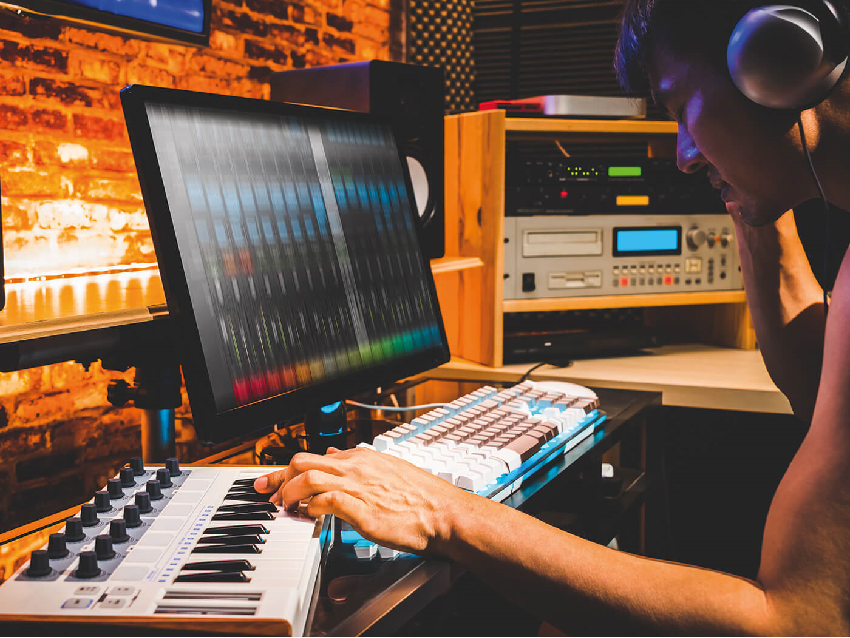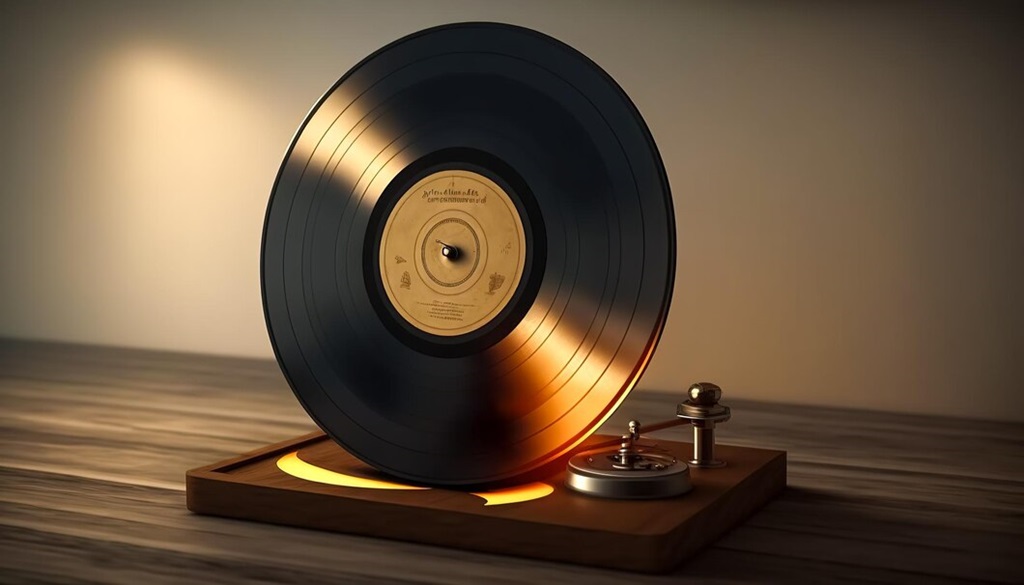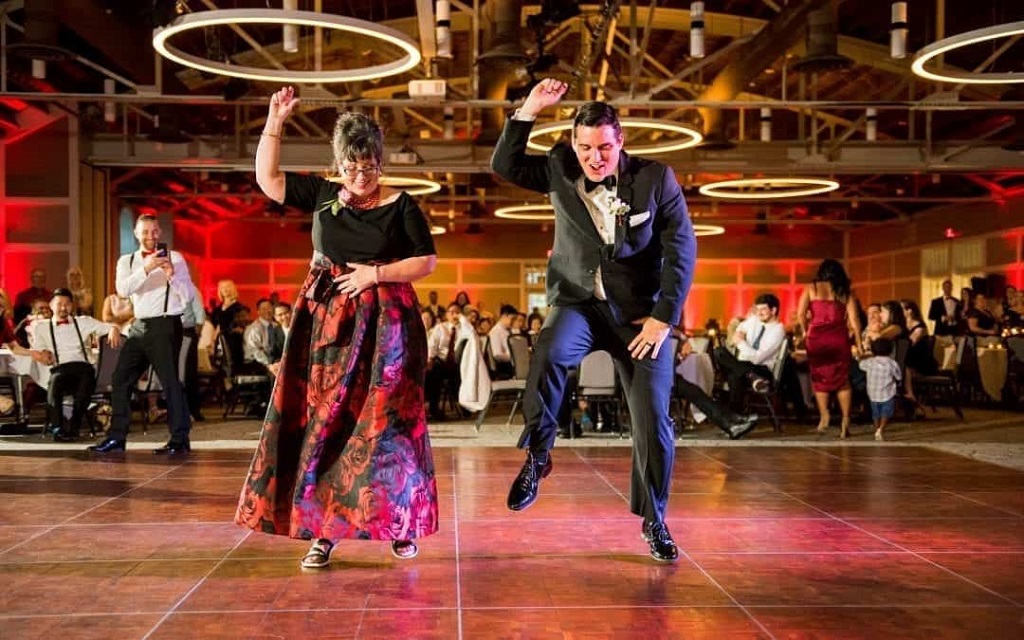
You probably know where you are currently on your songwriting journey. And you may already have an idea of what your weaknesses and strengths are. Therefore, getting better can be a matter of exposing yourself to the right information and practices. And applying them to your daily life. With that said, here are 10 tips to help you become a better composer.
Practice, Practice, Practice

This is especially for you if you are a songwriting newbie. Once you get used to compositing, it’s not enough to sit around with your talents. Just waiting for inspiration to strike again (besides, inspiration can strike when you’re not ready for it and it can’t come either). Make songwriting a daily habit, even on days when you don’t feel like it. The more songs you write, the better you become. Plus, the more songs you have under your belt, the more ammunition you’ll have to look for after a professional songwriting career, if that’s what you have in mind, and you’ll start down the path of possibly becoming a great songwriter.
Co-Author
There’s a popular saying about two heads being better than one and it’s being increasingly proven in the songwriting business. Nowadays, most of the songs that end up on the charts usually have two, three, four… even more than ten songwriters. Beyoncé’s “Hold Up,” for example, has all 15 songwriters credited. Although it must be said, many of these “Composers” may just be people who want to be part of the cake and didn’t even write anything, water with these. Co-writing not only allows for the exchange of ideas but also exposes you to the different ways other composers create. You could easily learn something new that you could incorporate into your own craft. Similarly, the other writers could also learn from you,
Tell Yourself You’re Awesome
The power of personal motivation can often be overlooked. But some of the most successful people in the world, including songwriters. Tout the benefits of positive reinforcement. Whether you use personal motivational quotes or just give yourself daily praise. You will become a better songwriter if you continue to promote a positive and personal mindset. This is not the same as bragging to everyone that you are the best thing since sliced bread or “drinking your own soda,” so to speak. It’s about elevating and nurturing your creativity on a daily basis. Which could influence your state of mind to perform at your best and increase your productivity.
Re-Work Existing Work
Who says you have to reinvent the wheel to write good songs? Bob Dylan, more or less, once said in an interview that all song ideas have already been exhausted. Whether that is true or not, he will discover that everything he wishes to write has been done thousands of times. Or more before. Instead of poring over the original song idea. It would be more useful to look at what already exists and retell those stories from his personal perspective. Also, all great artists steal from other great artists before them. The trick is to put your personal brand of composition, so it’s you.
Have an Open Mind
Try not to focus on a single theme or song idea when you sit down to write. The creative process can take you down many different paths. And you never know which might be the winner you’re looking for. It’s best to record all of your thoughts on a particular songwriting topic and then establish the assembly of the parts that work best together rather than just focusing on developing an idea at all costs.
Avoid Overthinking
You will get frustrated if you try to write the perfect song. It just doesn’t exist…except in the listener’s mind. Obsessing the process and constantly rewriting lyrics can leave you working on a song for much longer than you need to. What’s worse, you may never be satisfied with the result. Which could have an even more profound negative effect on your songwriting career. Remember, even though you may be writing a song based on your personal experiences. Your songs are for the people who are going to listen to you, not for you. Therefore, it will always be up to each listener to interpret the song for themselves.
Ask For Honest Feedback
No matter how great you think you already are, it’s a good idea to get other people’s perspectives on what they think about a particular job. It doesn’t have to be from professionals (they might charge a fee to get started). Play your songs for family and friends and ask them to be brutally honest.
Mix Various Styles
As the popular saying goes, variety is the spice of life…and music. If you go through your own personal playlist, you’ll likely find several different themes, beats, and genres among your favorite songs. With your own composition, try changing the topics you write about, as well as the rhythm/tempo and even genres. If you follow the works of some of the best composers past and present, you will see that they try many different things with their music. Bruno Mars, for example, has ballads that tempt the heart, up-tempo and funky songs that are upbeat, and soulful R&B grooves. He even dabbles in a little hip-hop. Taylor Swift has also mixed it up over the years, with her music evolving from country to pop and R&B.
Avoid Making Excuses
This applies to a number of things, from not getting the expected results from your songs to not reaching your songwriting goals. For example, if a song doesn’t have the impact you hoped for. Don’t start over-analyzing and blaming someone/something outside of it. Instead, go back to the drawing board, get feedback on what worked/didn’t work, what you liked/disliked about it, and then use the new insights to enrich your new songs. If it’s about not meeting your songwriting goals (say, you create 30 songs a month but only end up completing 5), don’t blame it on the kids, your 9 to 5 job, or something else.
Instead, look for ways to buy more time. Get up an hour earlier to write if you can, reduce the number of times you watch TV, and spend less time on social media. You’d be surprised how the time spent on these things adds up. Whatever isn’t working in your favor for the success of your composition will serve you better in finding workable solutions rather than excuses.
Know When to Take Breaks Creative
processes require a lot of brain power. Working on anything for hours on end can lead to not only a frazzled state of mind but could also dilute any work you manage to accomplish. The general rule of thumb is to take a 20-minute break every two hours. However, you don’t have to go through with it. Once the thoughts don’t flow, it’s best to take a break. Distract your mind with something else, and then come back refreshed to pick up where you left off.
Continuing to improve your songwriting skills is what will set you apart from being good to becoming great at what you do in the long run. Apply these and other tips that you think can help you become a better songwriter, and feel free to share them with your friends.
You may like to read Know the maintenance of the guitar


 Most Popular Songs With Baby in the Title
Most Popular Songs With Baby in the Title  The Songs Everyone Knows but Not the Name
The Songs Everyone Knows but Not the Name  Get Up and Dance! Songs Like Cupid Shuffle to Keep the Party Going
Get Up and Dance! Songs Like Cupid Shuffle to Keep the Party Going  How to Memorize Violin Note Chart Quickly?
How to Memorize Violin Note Chart Quickly? 


